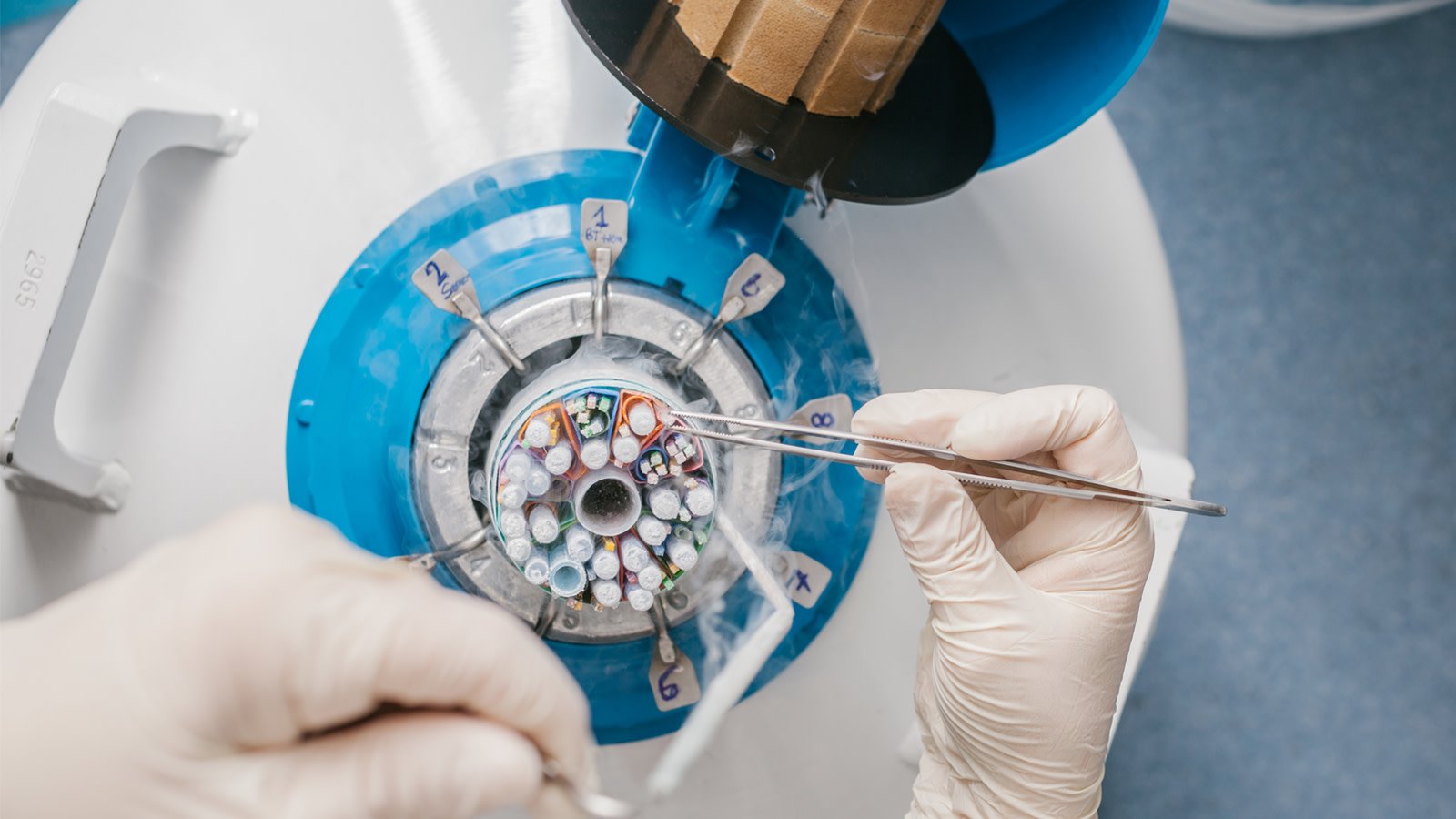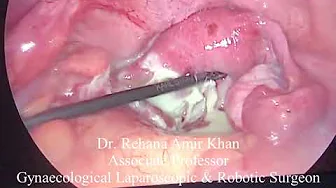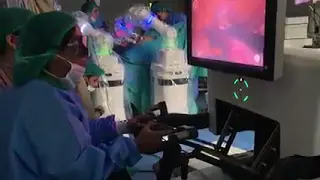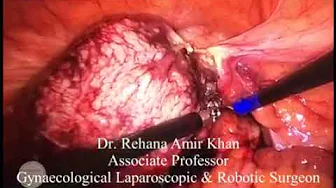ICSI Services
ICSI SERVICES
With years of experience in treating Infertility in both men and women

We Are Here To Give The Finest Treatment and Care You For A Better Life.
Our Specialist Gynecologist in Lahore is specialized in all kinds of:
ICSI SERVICES
Intracytoplasmic Sperm Injection: ICSI (test tube baby)
ICSI is an in vitro fertilization treatment that involves extracting a single sperm into a fragile glass needle and injecting it directly into the center of the egg.
The fertilized egg (embryo) can then be transferred into the woman's uterus, just as in a standard IVF cycle. Live birth rates are similar between ICSI and conventional in vitro fertilization.
This method bypasses any natural barriers that might prevent fertilization. For example, some infertility conditions result from the male partner's inability to penetrate the outside of the egg to fertilize the egg.
Further development of ICSI means that fertilization is possible as long as some sperm are available (even in minimal quantities).
Why We Use ICSI Technique?
ICSI is generally recommended if:
The male partner had a vasectomy, and sperm was removed from the testicle or epididymis.
The male partner does not ejaculate, but sperm is collected from the testes or epididymis.
Difficulty getting an erection and ejaculating with the male partner. This includes men with spinal cord injuries, diabetes, and other medical conditions.
When there are high levels of antibodies in the semen.
How Does It Work?
ICSI is similar to traditional IVF methods in collecting eggs and sperm from each partner. To achieve fertilization, a single sperm is placed into a thin glass needle and injected directly into the egg. Then hatch and inspect the eggs. One or two embryos can be transferred back into a woman's uterus two to three days after fertilization. Some eggs may not survive the injection process, and not all eggs collected are of high quality or mature enough to be injected.
ICSI SERVICES
Risks of ICSI
The risk of ICSI may be slightly higher than with traditional IVF treatment. This includes:
ICSI SERVICES
Male Infertility Treatment In Lahore; Inheritance of Cystic Fibrosis Gene Mutations
Some men with no sperm in their semen have been found to have a congenital bilateral absence of the vas deferens (CBAVD). In this case, the tubes that carry sperm from the testicles to the penis are lost.
Two-thirds of men with CBAVD also carry some cystic fibrosis mutations. Therefore, men with CBAVD and their partners may wish to have genetic testing before undergoing ICSI. You may be referred to the genetics department for more information and advice on the effectiveness of genetic testing.
ICSI SERVICES
Consult With Our Expert Gynecologist in Lahore
We aim to help every couple realize their dream of having a family. Our Laparoscopic surgeons carefully screen all couples for infertility to address all concerns and increase the chances of pregnancy.
Feel free to discuss infertility treatment options, don't hesitate to contact us any minute, and you will receive guaranteed results.




